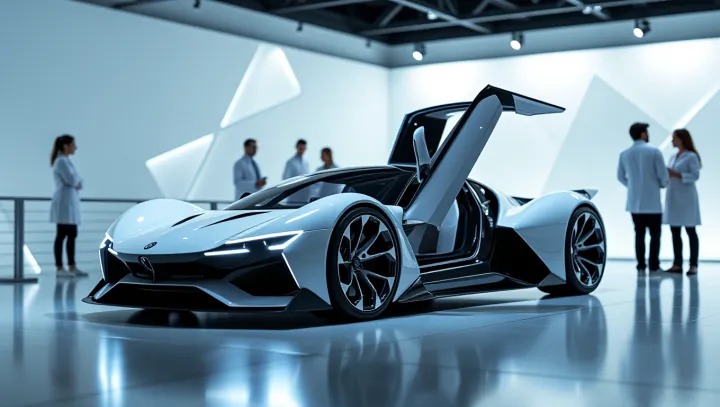The Fascination of Concept Cars

In the pulsating realm of the automotive industry, concept cars emerge as a compelling yet mysterious aspect. These vehicles, though not destined for production, serve crucial roles in shaping the future of transportation. Major automotive companies, based in global hubs such as Detroit and Tokyo, invest significantly in crafting these visionary machines.
The primary goal is to showcase advanced technologies and innovative design philosophies that could define vehicles of tomorrow. An expressive mix of creativity and engineering, concept cars often push the boundaries of what consumers and critics alike expect. One of the significant advantages is that concept cars provide automakers a platform to experiment without committing to production costs.
These models act as litmus tests, reflecting consumer interest and potential market movements. As Dr. Alex Harper, an automotive analyst based in London, notes, 'Concept cars are more than just showpieces; they are the industry's compass, pointing towards future trends and innovations.' Beyond their technical and market insights, concept cars wield substantial influence in marketing and branding strategies.
They stimulate public interest, enhance brand image, and attract media attention, making events like the Geneva Motor Show key dates in the automotive calendar where these boundaries-pushing designs are unveiled. In essence, while the roads may never see many of these remarkable creations, the impact they leave on the industry and enthusiasts cannot be overstated. As technological advances and ecological considerations continue to evolve, the role of the concept car only becomes more integral to the narrative of the automotive world.
